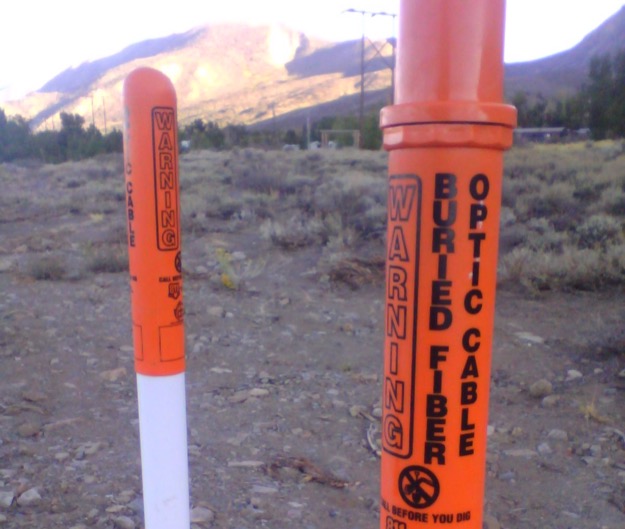Fast, reliable broadband considered by California lawmakers. AT&T, Comcast, Charter pay millions to say no

When members of the California assembly’s communications and conveyances committee take their seats tomorrow, they’ll be looking out at – actually or virtually – big telecoms lobbyists that 1. pay millions of dollars for laws they love and 2. hate the two broadband bills that are on the covid-shortened agenda. Senate bill 1130 raises California minimum broadband standard to symmetrical 25 Mbps download/25 Mbps upload speeds, and SB 431 imposes back up power and web browsing requirements on mobile carriers (but not on cable company VoIP or telcos’ ersatz wireless broadband, thanks to those same lobbyists).… More

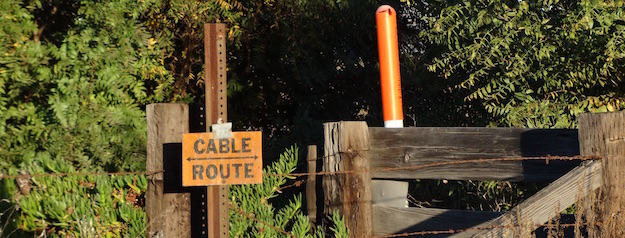
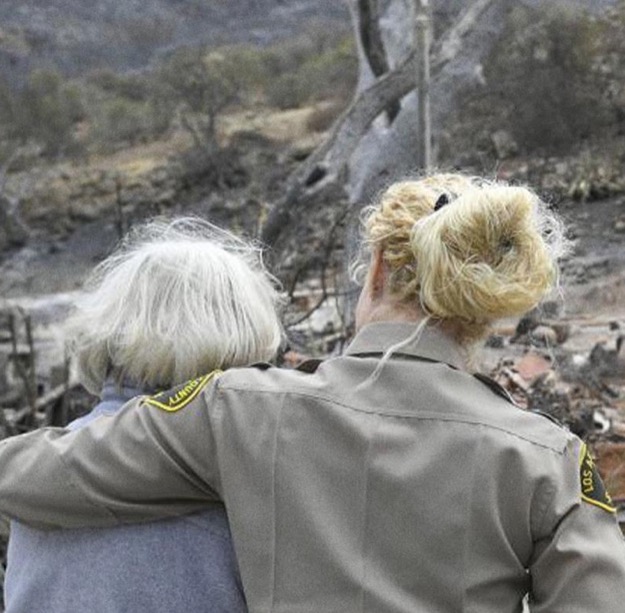
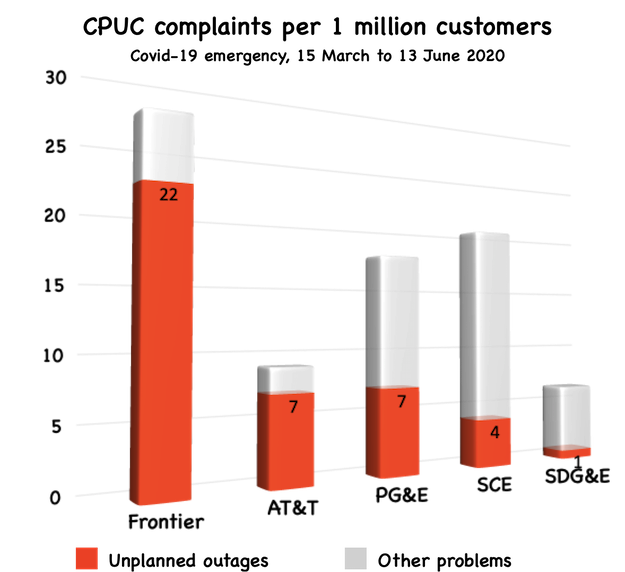
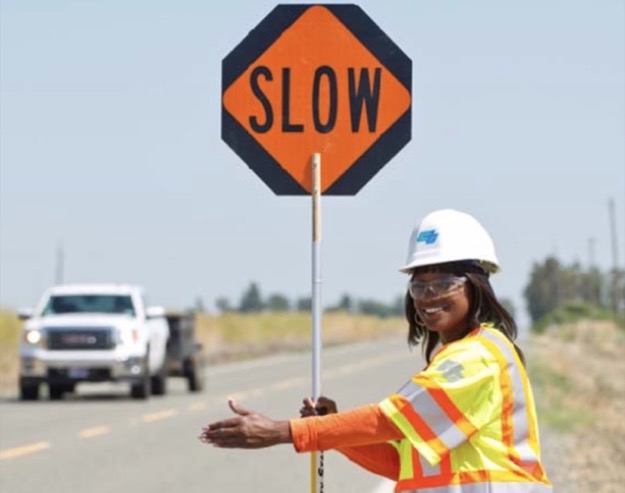

![Tom Murphy [CC BY-SA 3.0 (https://creativecommons.org/licenses/by-sa/3.0)] Gagged by privacy](https://www.tellusventure.com/images/2019/gagged_by_privacy.jpg)

![By USFS Region 5 (Thomas Fire) [CC BY 2.0 (https://creativecommons.org/licenses/by/2.0) or Public domain], via Wikimedia Commons](https://www.tellusventure.com/images/2018/7/thomas_fire_2018_utility_lines.jpg)
